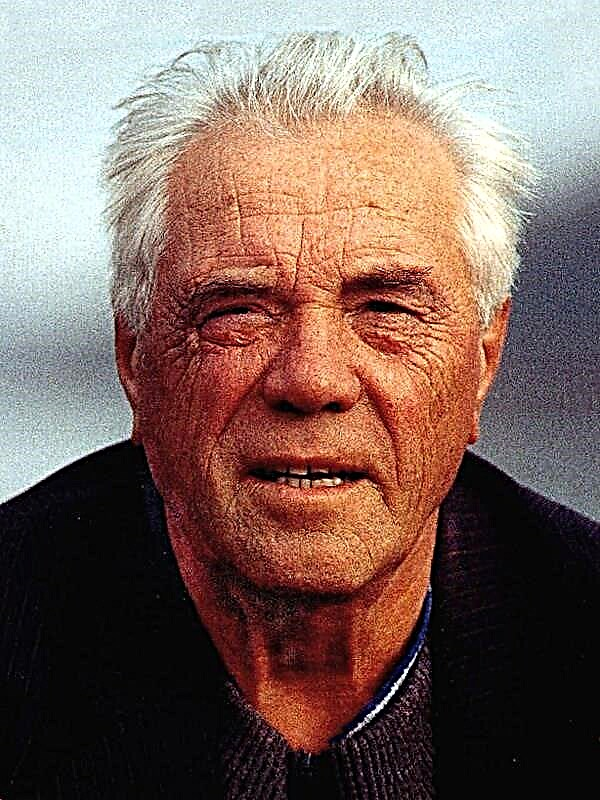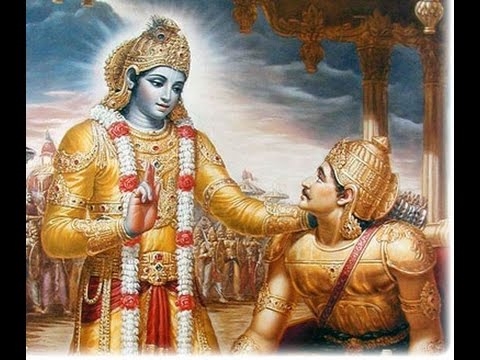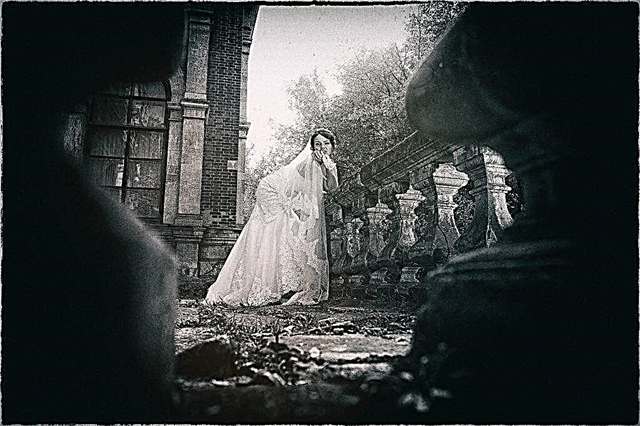Vardapet Grigor, the learned monk of the Narek monastery, poet and mystic, the author of the interpretation of the biblical Song of Songs, as well as hymnographic compositions and laudatory words to the Cross, Virgin Mary and saints, in the Book of Sorrowful Songs humbly addresses God “... together with the oppressed - and with those who have been strengthened, with those who have stumbled - and with those who have risen, together with the rejected - and with the perceived. ” The book contains 95 chapters, each of which is described as “the Word to God from the depths of the heart.” Narekatsi devotes his poetic creation, inspired by the deepest Christian faith to all: "... slaves and slaves, noble and high-ranking, middle and noblemen, peasants and gentlemen, men and women."
The poet, the “penitent” and the “sinner” castigating himself, is a person with high ideals, advocating for the improvement of personality, bearing the burden of responsibility for the human race, which is characterized by anxiety and many contradictions. What is the poet grieving for? About his spiritual weakness, about powerlessness before worldly vanity.
He feels himself connected with humanity by a mutual guarantee of guilt and conscience and asks God for forgiveness not for himself alone, but with him for all people.
Turning to God with a prayer and revealing the secrets of the heart to Him, the poet draws inspiration from the aspiration of his soul to its creator and tirelessly asks the Creator for help in writing the book: “Grant, O guardian, burning coal of the immaterial power of the word of your mouth to my speakers, so that they became the reason for the purification of all the instruments of feelings distributed in me. ”
However, Narekatsi realizes that he, with his poetic gift, is only a perfect tool in the hands of the Creator, the executor of His divine will.
Therefore, his pleas are imbued with humility: "Do not take away from me, the unfortunate one, the mercies bestowed by you, do not ban the breath of your most blessed Spirit, do not deprive me of the power of omnipotence so that the tongue can say the right thing."
But the poet’s Christian humility does not mean for him to belittle his creative abilities and his talent, the source of which is God and the Creator of all things.
In the “Memorial Record”, which concludes the book, Narekatsi says that he, “Priest and Chernig Grigor, the last among the writers and the youngest among the mentors, laid the foundations, built, erected on them and composed this useful book, combining the constellation of chapters into one marvelous creation. "
The Lord of all creation is merciful to his creatures: “If they sin, they are all yours, because they are on your list.” Attributing himself to the sinners, Narekatsi does not condemn anyone.
Everything human serves the poet as a reminder of God, even if a person is immersed in the chaos of worldly life and does not think about the heavenly in worries about the earth: “In everything that has been reflected once in our feelings - whether it is pleasant or unpleasant, and even on the stage of spectacular ”, as well as in crowded gatherings of the common people, or in dances displeasing to your will, O Almighty, You will not be forgotten.”
Feeling in the soul an endless struggle of opposing aspirations and passions that carry away into the abyss of doubt, sin and despair, the poet does not cease to hope for the healing effect of the grace of God and the mercy of the Creator.
Complaining that his soul, in spite of the fact that he had received tonsure, has not yet completely died for the world and has not become truly alive for God, Narekatsi resorts to the intercession of the good mother Jesus and prays for her deliverance from spiritual and carnal sorrows.
The poet does not tire of blaming himself for having "opened the embrace of love for the world, and not with his face to you, but with his back turned and surrounded himself in the house of prayer with the cares of earthly life."
Tormented by bodily ailments, which, he is convinced, are an inevitable and legitimate retribution for spiritual weakness and lack of faith, the poet feels his soul and body as a venue for an irreconcilable struggle.
He describes his darkened and painful state as a fierce battle: "... all the many particles that make up my nature, how the enemies entered battle with each other, they, obsessed with fear of doubt, see a threat everywhere."
However, the consciousness of one’s own sinfulness becomes a source of hope for the suffering person: sincere repentance will not be rejected, all the sins of the repentant will be forgiven by the Lord of Alms, Christ the King, for His mercies "exceed the measure of the possibilities of human thoughts."
Reflecting on the “divine pledge in Nicaea of a certain creed of faith” and condemning the heresy of the Tondraki, these “new Manichaeans,” Narekatsi praises the Church, which is “above man, like a victorious rod above the chosen one of Moses.”
The Church of Christ, which is being built by the command of the Creator, will save from perdition “not only a multitude of wordless hosts of animals and a small number of people, but together with the earthly ones, it will also bring together the inhabitants of the highest”. The church is not a house of earthly matter, but "a heavenly body from the light of God."
Without it, it is impossible for either a monk or a layman to follow the path of perfection. The one who boldly considers it to be “a kind of material fiction, or a human cunning,” the Almighty Father “will reject from his face through the medium of a word coessential with Him.”












